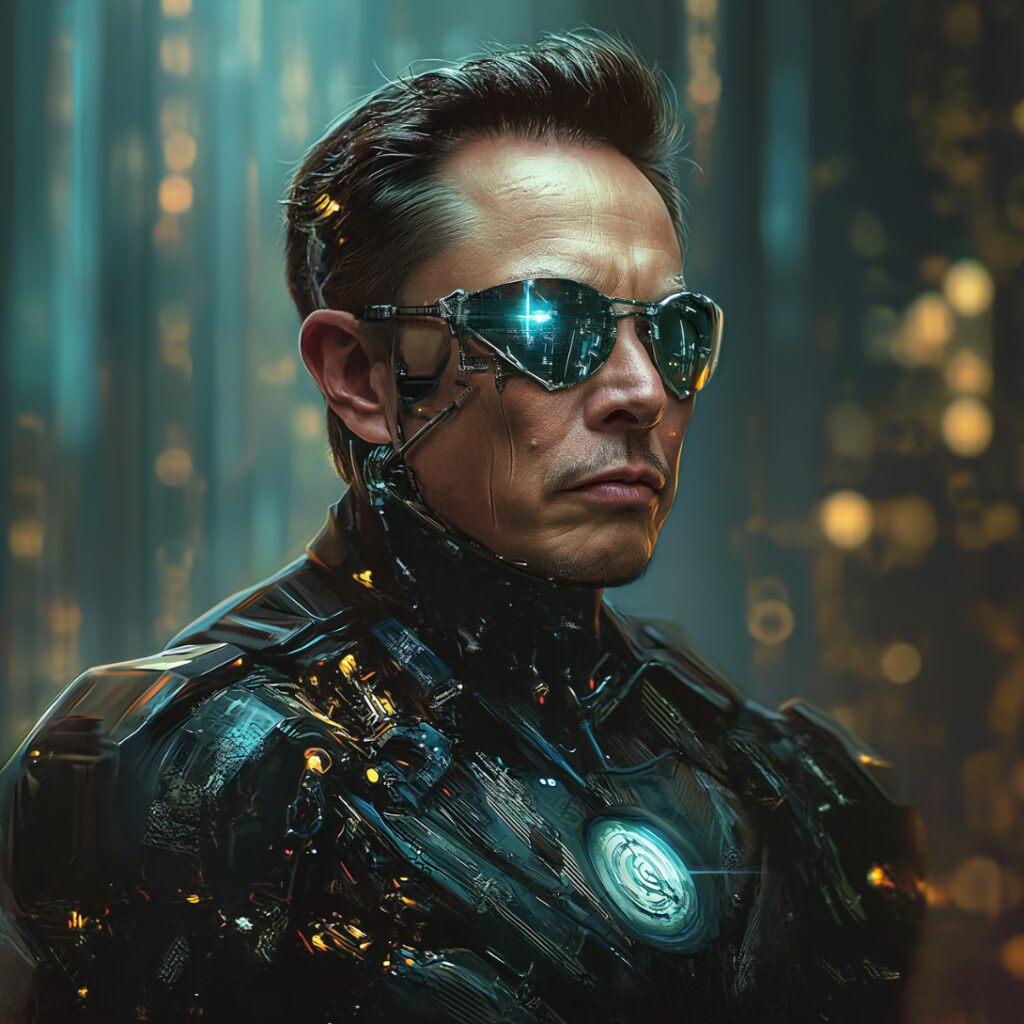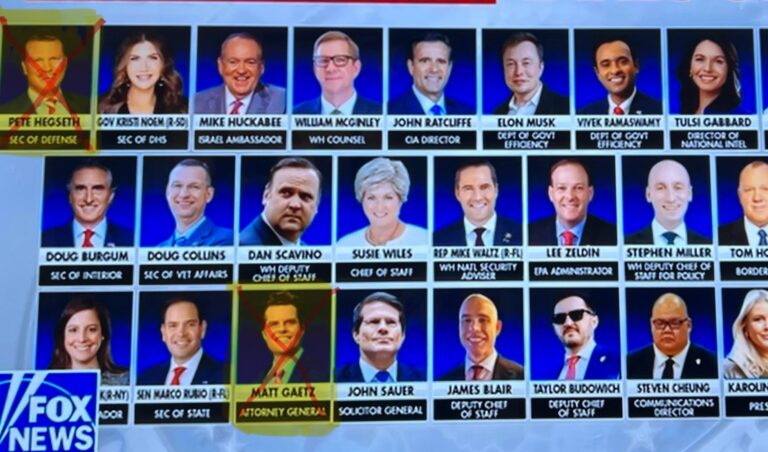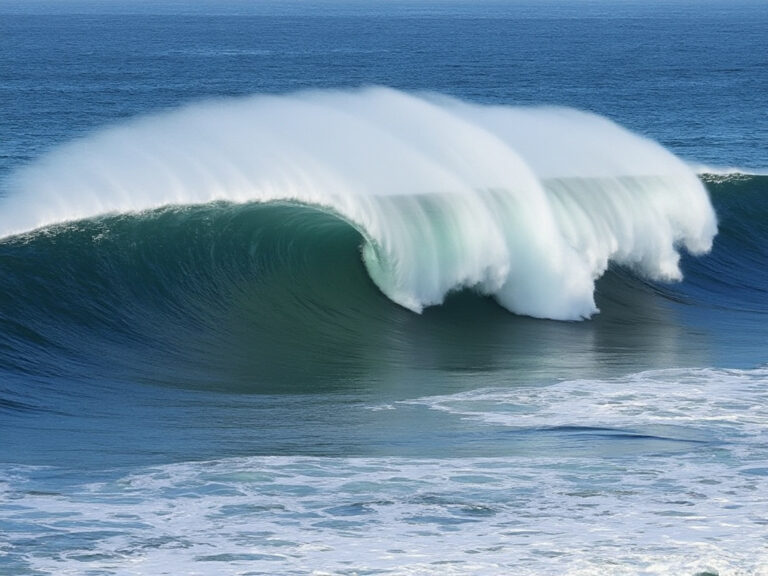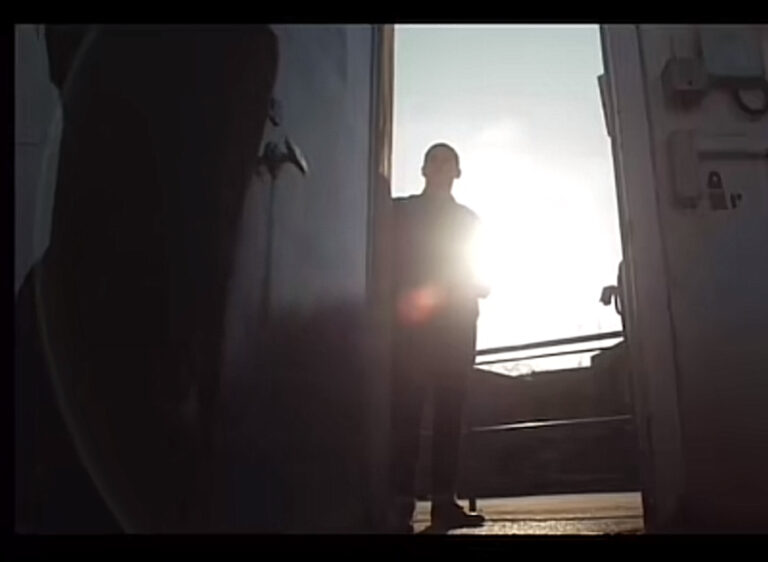
Elon Musk’s Role and Expectations in Ukraine-Russia Conflict: Clashing Perspectives with President Zelensky
The Russia-Ukraine conflict has been marked by unprecedented international involvement, but few anticipated that a private tech entrepreneur would play such a visible role. Elon Musk, CEO of SpaceX and Tesla and one of the world’s wealthiest individuals, has become a polarizing figure in the conversation surrounding Ukraine’s sovereignty and the broader dynamics of the conflict. From providing the Ukrainian military and civilians with Starlink satellite communications to making controversial statements on how the war should be resolved, Musk’s involvement has sparked fierce debate and, at times, tension with Ukraine’s leadership.
This article delves into the evolution of Musk’s involvement in the Ukraine-Russia war, analyzing key incidents like his “peace proposal,” Starlink restrictions, and social media posts, all of which have shaped perceptions of Musk as both a benefactor and an obstacle for Ukraine. By examining these events and considering the broader implications of non-state actors like Musk in geopolitical conflicts, we gain insights into the complexities of modern warfare, public opinion, and global diplomacy.
The Proposal That Sparked Controversy: Musk’s “Peace Plan” for Ukraine
In October 2022, Elon Musk shared a Twitter-based peace proposal that ignited a political firestorm. Musk suggested that Ukraine should recognize Russia’s claim over Crimea and hold new referendums in the occupied territories of eastern Ukraine. These referendums, he proposed, should be supervised by the United Nations, with the results determining whether these regions would remain part of Ukraine or join Russia.
This idea was met with swift backlash from Ukrainian officials and Western allies, who saw Musk’s proposal as undermining Ukraine’s sovereignty and giving legitimacy to Russian territorial claims. President Zelensky himself responded with a tweet that included a poll asking users which “Musk they like more: one who supports Ukraine or one who supports Russia.” As The Washington Post reported, the response from Kyiv highlighted deep-seated frustrations with Western voices proposing what Ukrainian officials viewed as unacceptable compromises on Ukraine’s sovereignty.
Musk defended his proposal by arguing that a negotiated settlement might prevent further escalation and avoid the catastrophic risk of nuclear conflict. His supporters pointed out that Musk was bringing attention to the broader dangers associated with an open-ended conflict. However, The New York Times emphasized that for Zelensky and Ukraine’s leadership, any peace plan that involves ceding territory to Russia is a non-starter, as it sets a dangerous precedent of appeasement that could encourage further Russian aggression in the future.
For Musk, the peace proposal may have been an exercise in free speech and personal opinion, but it became a defining moment that framed his interactions with the Ukrainian leadership. The backlash underscored the ethical complexities when influential figures propose solutions that might be seen as aligning with the interests of aggressors.
Starlink: A Double-Edged Sword for Ukraine’s War Efforts
Musk’s involvement in the Ukraine-Russia conflict extends beyond his social media commentary, as he provided Starlink satellite internet access to Ukraine shortly after the war began. Starlink has been essential to Ukraine’s military and emergency response, particularly in areas where infrastructure has been decimated. Its high-speed internet capabilities have enabled communication, reconnaissance, and coordination in regions with no other means of staying connected, becoming a lifeline for both military and civilian operations.
However, Musk’s decision in September 2023 to limit Starlink’s availability near Crimea, particularly during a Ukrainian drone operation, has raised questions about the motivations behind his involvement. As The New Yorker detailed, Musk reportedly feared that using Starlink for an attack on Russian forces could lead to dangerous escalation, potentially involving nuclear weapons. This restriction, seen as a self-imposed limit on how his technology could be used in the conflict, was not well-received by Ukraine.
Mykhailo Podolyak, an advisor to President Zelensky, openly criticized Musk’s decision, accusing him of aiding Russia by indirectly limiting Ukraine’s capabilities. Podolyak’s critique underscored the significant role that Starlink played in Ukraine’s defense strategy and the challenges of relying on a private company for crucial wartime infrastructure. The New York Times covered the incident, noting that Musk’s actions underscore the complex ethical dimensions of his role as a provider of military-critical infrastructure. For Ukraine, Starlink is both an asset and a liability—one that depends on the whims of its creator.
The restriction posed a dilemma for Musk, who has frequently described himself as a proponent of free speech and innovation. By limiting Starlink’s access, he faced criticism from both sides: from Ukrainians who saw it as a hindrance to their defense, and from his supporters who believed he was right to avoid escalating the conflict. This balancing act between Musk’s ethical concerns and the operational needs of Ukraine has become emblematic of the difficulties faced by private entities engaged in global conflicts.
Mockery on Social Media: The “Zelensky Meme” and Public Backlash
In October 2023, Elon Musk stirred further controversy when he shared a meme mocking President Zelensky’s frequent requests for Western aid. The meme showed Zelensky with a caption implying that he was overly reliant on international support, a sentiment that resonated with some audiences but sparked significant outrage from Ukrainian officials and citizens. Breitbart reported on the incident, noting that Musk’s meme was celebrated by some of his followers but also criticized by many who viewed it as disrespectful and trivializing Ukraine’s struggle for sovereignty.
The meme incident demonstrated Musk’s willingness to engage in public commentary that many saw as insensitive to the suffering of Ukrainians. This lighthearted jab struck a nerve in a nation where the war has caused immense human suffering, displacement, and loss. Ukrainian leaders, including Foreign Minister Dmytro Kuleba, condemned the meme, reinforcing the notion that Musk’s influence and visibility come with responsibility, particularly when commenting on a life-or-death situation like the Ukraine-Russia war.
For Zelensky, Musk’s mockery added another layer of frustration. The New York Times covered the backlash, noting that Musk’s influence over public opinion, especially on platforms like Twitter (now X), has real-world implications for Ukraine’s image abroad. As one of the most followed figures on social media, Musk’s posts reach millions, and his comments can shift narratives and perceptions on international issues.
The incident exemplifies the ways in which social media can impact diplomacy and international relations. For Ukraine, Musk’s meme was a harmful simplification of a complex geopolitical crisis. For Musk, however, it was likely another expression of his personal views, albeit one that may have underestimated the sensitivities involved in the war.
Private Power and Global Conflict: Musk as a Non-State Actor
The involvement of billionaires like Elon Musk in global conflicts signals a new era in which private individuals with vast technological resources can wield substantial influence over international affairs. Musk’s decisions regarding Starlink and his public statements about the Russia-Ukraine war illustrate how influential non-state actors are redefining the boundaries of war and diplomacy. As The Washington Post pointed out, Musk operates almost like a nation-state, controlling access to technology that can affect the outcome of battles and influence public opinion on a global scale.
This raises critical ethical questions about the role of private entities in geopolitical conflicts. Should individuals with technological assets like Starlink be able to determine how and when those assets are used in war zones? Who holds them accountable, and to what extent should they be transparent in their decision-making? For Ukraine, relying on a private company for its communication needs has proven advantageous, but it also exposes the country to unpredictable risks based on Musk’s personal views and concerns about escalation.
As private companies become more embedded in defense and communication networks worldwide, the global community may need to establish clearer guidelines for their involvement in conflicts. Some argue that figures like Musk should adhere to international standards and work in collaboration with governmental bodies to prevent unilateral decisions that could sway the course of wars. Others contend that Musk’s autonomy is part of what allows him to innovate, and that imposing too many restrictions could hinder his potential to contribute to positive change.
The Future of Musk and Ukraine Relations
The relationship between Elon Musk and Ukraine encapsulates the complexities of modern warfare, where non-state actors play critical roles and wield power in unconventional ways. While Musk’s Starlink has been invaluable to Ukraine, his actions and public statements have led to tensions with Zelensky and other Ukrainian leaders. This relationship, marked by both collaboration and contention, underscores the nuanced challenges that arise when private individuals and companies influence the geopolitics of war.
For Zelensky, the stakes are too high to allow an outside figure to shape Ukraine’s path to victory or peace. Musk’s future actions—whether through Starlink’s access, social media commentary, or proposed peace plans—will likely remain a point of contention and intrigue as Ukraine continues to fight for its sovereignty.
In a world where billionaires like Musk can impact global conflicts, the case of Musk and Ukraine raises a central question: How should the international community address the influence of non-state actors in warfare? And what obligations, if any, do these powerful individuals have to the nations relying on their innovations?
For further reading on the evolving role of billionaires in geopolitics and Musk’s specific involvement in Ukraine, refer to related articles in The Washington Post, The New York Times, The New Yorker, and Breitbart.




